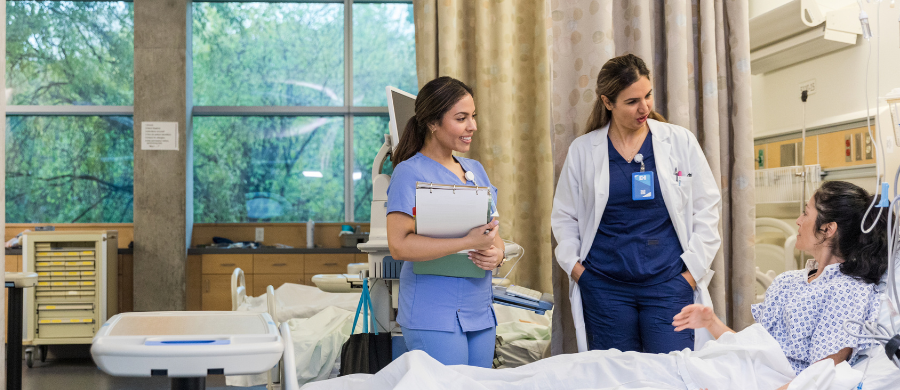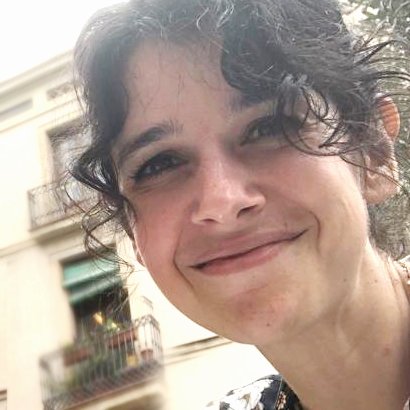A guide to gender perspective in health
Subject: Health Sciences
Does medicine have a gender? This library guide includes sources of information on gender bias in the healthcare system: diagnosis, treatment and care
Check out our selection of content on women's health: healthy habits, exercise, nutrition and pathologies specific to women
Gender inequalities make it difficult for women and girls to benefit from equitable, high-quality healthcare. According to the World Health Organization (WHO), a healthcare system that incorporates the gender perspective would provide services that take into account women's specific health needs, carry out research with clinical studies tested on both men and women, and promote equal opportunities among healthcare personnel. The team at the UOC Library has produced a new library guide to provide a more comprehensive understanding of the relationship between gender and health.
It offers the chance to learn more about women's health and reflect on inequalities in areas such as healthcare and research.
Integrating the gender perspective into health means recognizing and addressing the biological, social and cultural differences between women and men as regards health and illness. This approach acknowledges that health needs and experiences can vary, and that these differences must be taken into account in research, clinical practice, health policy and the provision of services.
Operative group:Marta Massip, member of the Faculty of Health Sciences
What does it cover?
- Healthy habits: specific content on women's health, including the prevention and treatment of illnesses and the promotion of healthy habits that influence quality of life. For example, practical advice on exercise and how to maintain a balanced diet, taking into account the various stages of life and the menstrual cycle.
- Illnesses specific to women: this section addresses specific pathologies that affect women's physical and emotional well-being, such as issues linked to pregnancy, menstrual pain, the effects of the menopause and illnesses such as endometriosis. It also looks at conditions which women are usually more vulnerable to, such as cardiovascular diseases.
For example:
FAROS, a portal from Barcelona's Hospital Sant Joan de Déu containing reliable information on women's health and well-being.
- Women's mental health: information for finding out more about mental health disorders that affect women, including their treatment and prevention. According to the WHO, women are more likely to suffer from some disorders such as depression, which is approximately 50% more prevalent among women than men. The guide also includes content on the role that social inequalities play in mental health.
- Medical care: documentaries, articles and studies that focus on the differences between male and female doctors and patients. They also look at the challenges faced by female social and healthcare professionals.
An example is the interview with Carme Valls, an endocrinologist specializing in medicine with a gender perspective. She says that for many years, medical training has focused on male physiology and the specific characteristics of women have not been taken into account, with the consequent impact on the diagnosis of diseases and the effects of medications on women.
- Training and research on women and health: research that warns about the lack of women's health in the programmes of study at American medical schools. There are also TED Talks and other content that highlight the fact that medical research has traditionally studied men to a greater extent, without breaking down the results of clinical trials according to sex.
These include the news item summarizing the key points of the webinar Exploring the nexus between health, equity, and gender, organized by the global cluster of universities working on Sustainable Development Goal 3, led by the eHealth Center at the UOC, and the International Association of Universities (IAU).
- Institutions working in the field: organizations providing support and information on health issues specific to women.
The new library guide aims to raise awareness about equitable and high-quality healthcare for everyone.


